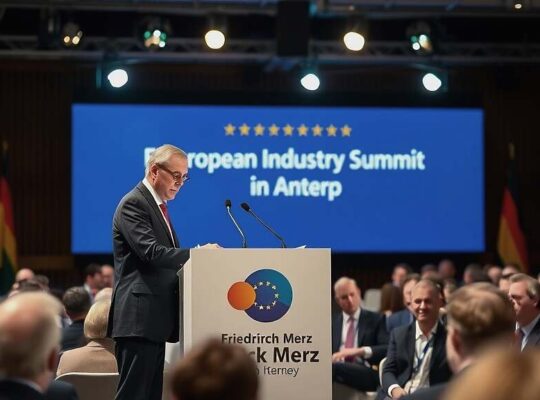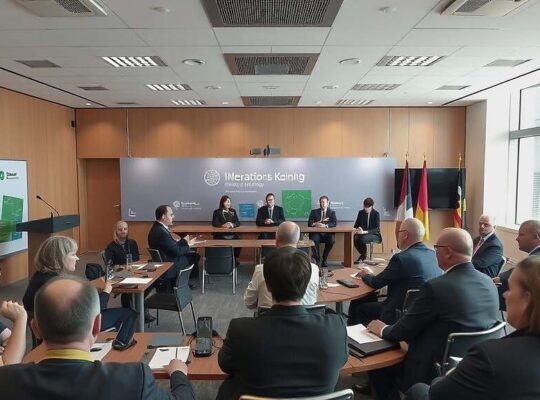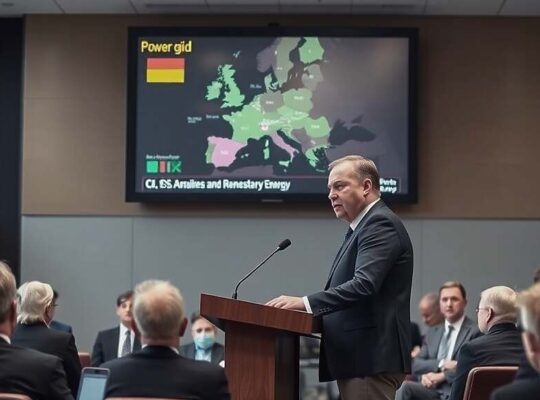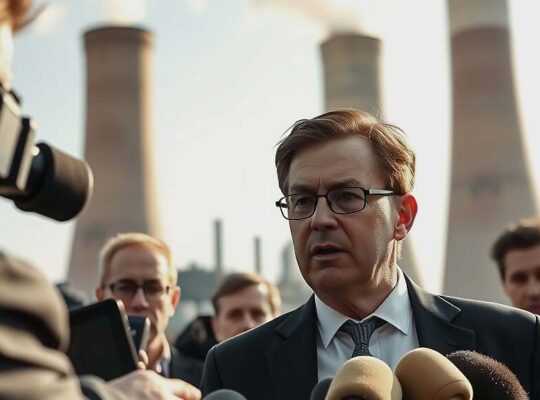Concerns are being raised within Germany’s energy sector regarding the potential for market distortions arising from the planned introduction of an industrial electricity price.
Kerstin Andreae, CEO of the German Association of Energy and Water Industries (BDEW), cautioned in an interview with “Rheinische Post” that while further relief for energy-intensive industries is necessary, the implementation of measures like an industrial electricity price must be carefully managed. Specifically, she emphasized the importance of securing permanent caps on grid fees for these industries.
The recent approval of the EU’s Temporary Crisis and Restructuring Framework for the Recovery and Resilience Facility (CISAF) paves the way for the industrial electricity price initiative in Germany, contingent upon meeting specific conditions. Andreae stressed that any implementation must avoid substantial market intervention to prevent negative repercussions.
A significant concern arises if companies fully utilize available support mechanisms. This level of state-backed price risk coverage could reduce incentives for businesses to hedge against price fluctuations through forward contracts, potentially impacting liquidity and ultimately affecting pricing for market participants not included in the support program.
Furthermore, the attractiveness of long-term power supply agreements (PPAs) from renewable energy sources could be diminished. Andreae urged that the development of a national solution for an industrial electricity price incorporates input and collaboration from the energy sector alongside industry representatives.
The prospect of an industrial electricity price for energy-intensive companies in Germany was initially brought forward by Minister for Economic Affairs, Katherina Reiche (CDU), following the EU Commission’s updated crisis framework at the end of June.












